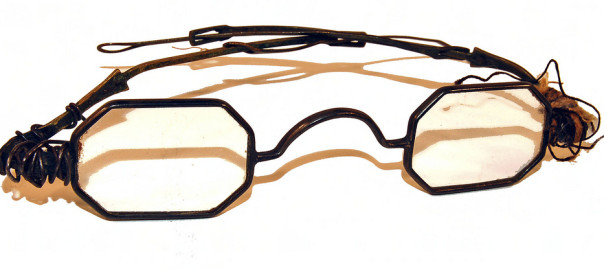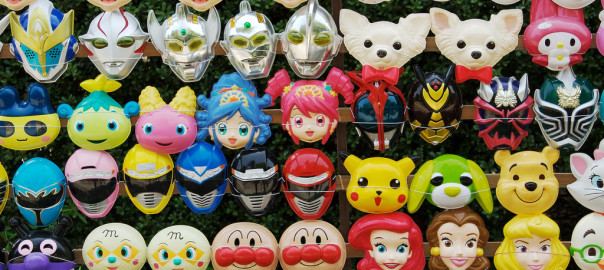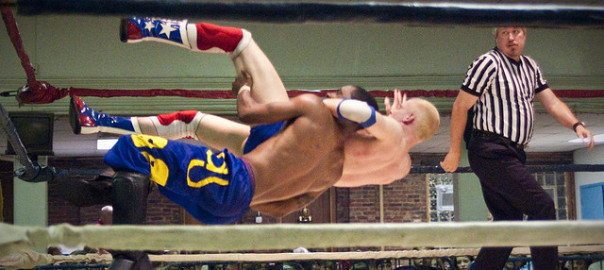In my first job after college, I wrote grant applications for a major orchestra. This work required me to stay knowledgeable about local philanthropy, so I once attended a panel discussion featuring several of the city’s leading donors, discussing their priorities for giving and their preferences for how to be approached for a gift. The room was filled with other grant writers, major gift officers, development directors, and others, waiting to discover how to tap into all that wealth.
Most of the panelists were in their fifties or sixties; their giving came after a successful career provided them with the means to give. One donor, however, was only a few years older than I was. The scion of an old and wealthy family, she had inherited millions in her early twenties, upon the unexpected death of her parents. While she spoke strongly about causes she supported, what jumped out most to me was her frustration with fundraisers who hadn’t done their homework, approaching her for gifts to organizations she would never support, ignoring the clear guidelines of her family’s foundation, and, worst of all, confusing her family with another local dynasty with a similar name:
“They don’t even know who I am!”
At the time, her comments struck me as incredibly arrogant. I couldn’t relate to her at all. I was on the opposite end of the ask, trying to get her to write a large check so that I could justify my low-paying, barely-making-ends-meet job, while she (I imagined) lived a carefree Scrooge McDuck-style life. She was right. I couldn’t care less who she was: I just wanted her money. Continue reading Seeing the Person, Not Just the Money



